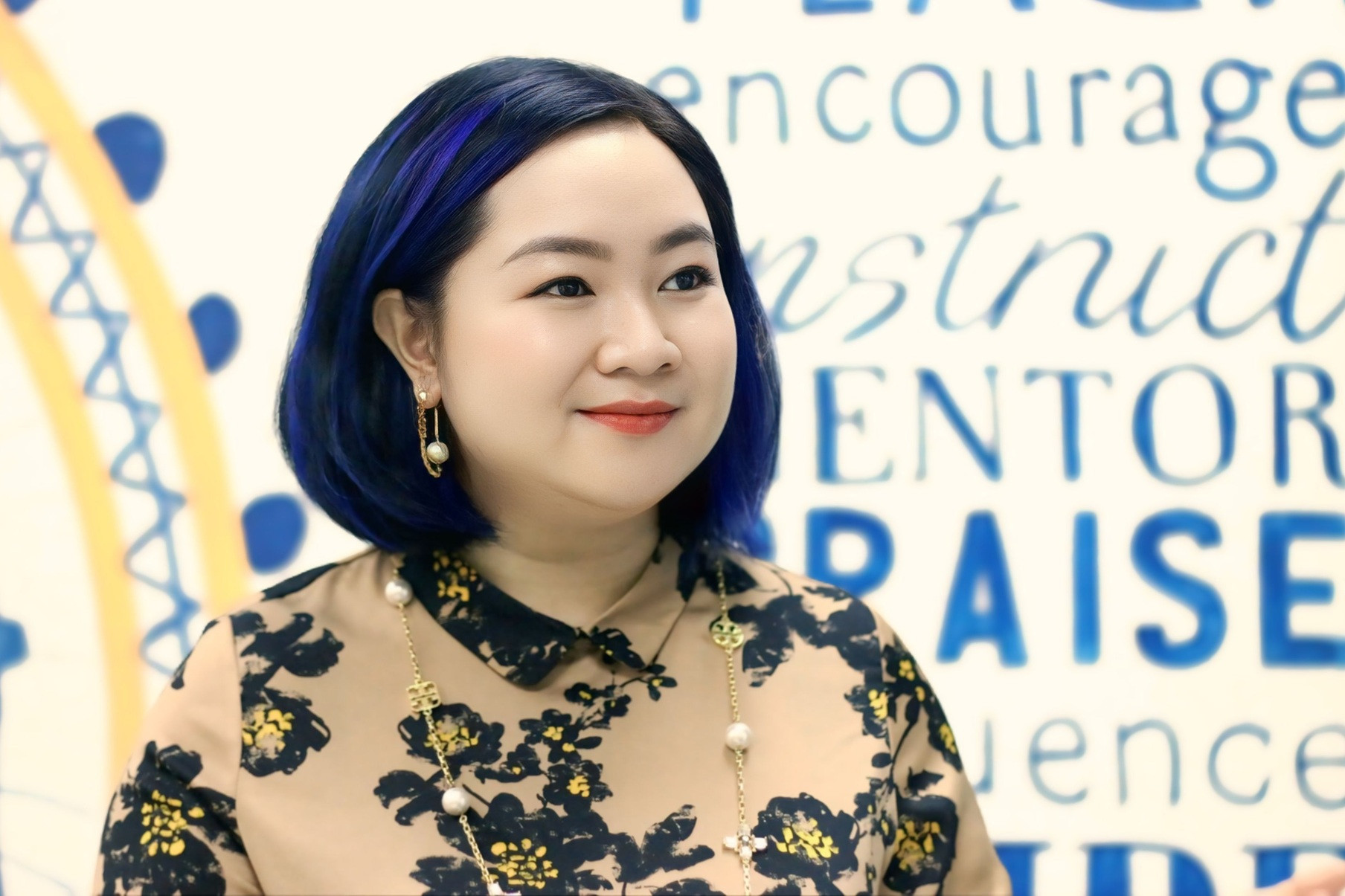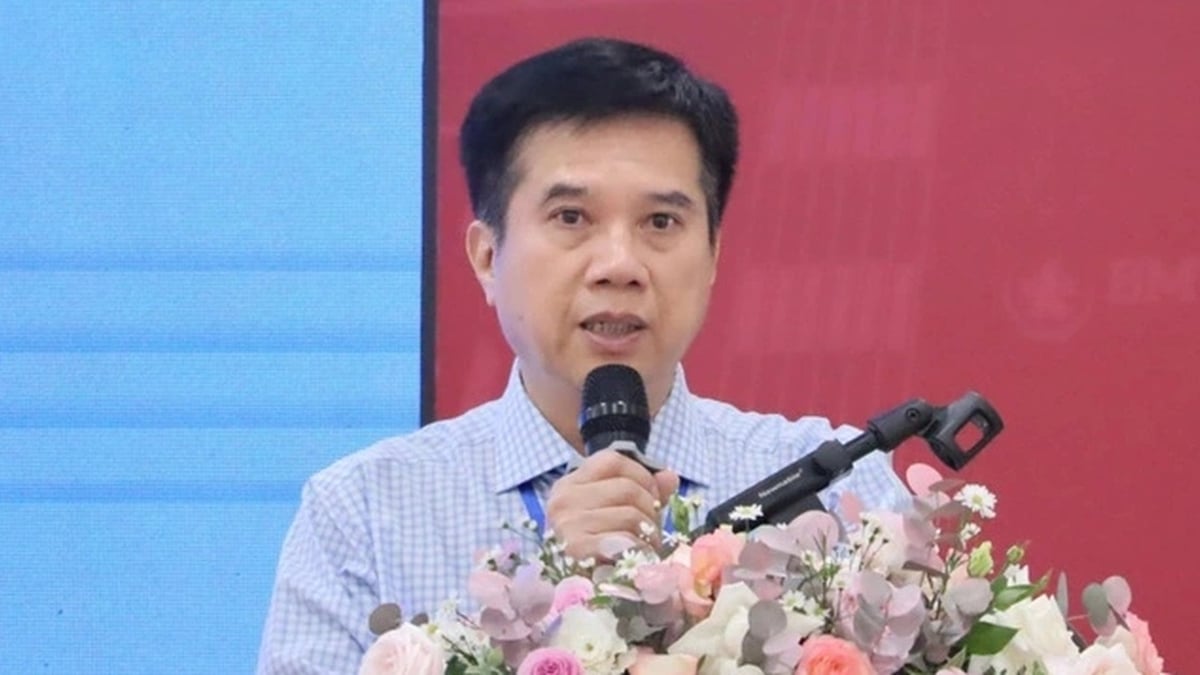When even a greeting becomes difficult to say
From middle school to high school, students go through an important and complex period of psychological development. Behind the signs of rebellion or withdrawal is a worrying reality: many children experience psychological trauma that adults find difficult to understand and intervene in a timely manner.
MH (grade 9 student at a prestigious secondary school in Hanoi ) was an excellent student for 6 consecutive years. But from the beginning of grade 9, he began to change: his grades dropped, he interacted less with friends, and he barely communicated with his parents except for short answers.
“Every time my parents ask me how my studies are going, I feel like I’m being questioned. Everything in the house revolves around my studies, but no one asks me if I’m doing okay. I don’t dare share that I’m under pressure, for fear of being called weak,” MH shared.
MH did not react by arguing or resisting - she just gradually became silent. In her parents' eyes, it was heartless, but for MH, it was the only way to protect herself from being hurt.

Not only MH, many students share the feeling of “not being able to talk to their parents”, feeling judged, not being trusted. Some students face isolation in their peer groups, sophisticated school violence on social networks, or simply the feeling of not belonging anywhere. If these hidden emotions are not released, they can accumulate into anxiety, depression and lead to long-term consequences for personality development.
Yet, while students crave to be heard and respected, the school and home environments often emphasize discipline and achievement, which often trades empathy for expectations. Many students who appear “undisciplined,” “unmotivated,” or “rebellious” are actually sending distress signals in the form of behavior.
Associate Professor Dr. Tran Thanh Nam, Vice Principal of the University of Education (Vietnam National University, Hanoi), commented that in the context of young people increasingly avoiding serious commitments and easily disregarding core values such as discipline, gratitude or professionalism, the role of a mentor becomes more essential than ever.
According to him, a mentor is someone who plays the role of a “lighthouse” - not only helping students identify their own values and build a sense of responsibility, but also creating an open space for them to dare to share without fear of being judged. Unlike the supervisory role of parents or teachers, mentors accompany students with respect and equality, thereby helping them understand that freedom does not mean ease, and that intelligence is only truly valuable when combined with kindness and discipline.
Mentors not only teach skills, but also inspire children to follow their example. While mentors cannot replace the role of parents, they can support children by being positive role models. They can teach children how to manage their emotions, make responsible decisions, and understand that choices have consequences.
“A mentor can guide children to plan small tasks, thereby realizing the value of discipline and commitment. They can also encourage children to participate in group activities to learn to respect the efforts of others, instead of focusing only on their own ego,” Mr. Nam gave an example.
So that children do not have to "grow up" without direction
Faced with this situation, Ms. Ha Minh, founder of Mentors14 (a 1:1 Mentoring personal development consulting program) believes that students need to be accompanied as a complete person, not just in the sense of "learners".
“I believe that every student has the potential to develop positively, but they need to be listened to and seen as human beings with full emotions, fears, desires and limitations. Only when they have a trustworthy companion will they dare to look directly at their personal problems and overcome them,” said Ms. Minh.

According to Ms. Ha Minh, the solution does not lie in adding skills or increasing control, but starts with awakening students’ inner understanding – about themselves, their emotions, and the path they want to take. “In the mentor-mentee relationship, trust is the core. From there, mentors not only play a role in guiding learning, but also help students build self-awareness, the ability to express healthy emotions, and a sense of personal value.”
Ms. Ha Minh said that currently, the mentoring programs at Mentors14 do not simply help students achieve better grades. More importantly, they learn how to answer the questions "Who am I?", "What can I do?" and "What do I really want for my life?". This is the foundation for forming an independent individual who understands himself, is able to face change and is responsible for the community.
Ms. Ha Minh emphasized: “True education is not only about creating knowledgeable people, but also about helping each student become a person with personality, able to connect with themselves and with society. Mentoring does not replace parents or schools, but is the missing connection - quiet but essential - in the journey of growing up of children. To move towards a comprehensive education, psychological support for students during puberty needs to be seen as an essential part. There needs to be coordination between families, schools and professional units - not only to help students overcome the "disoriented" stage, but more importantly, for them to develop their courage and inner strength to master their lives."
Source: https://vietnamnet.vn/tre-khong-noi-chuyen-duoc-voi-cha-me-phai-lam-sao-2396191.html


































































































Comment (0)